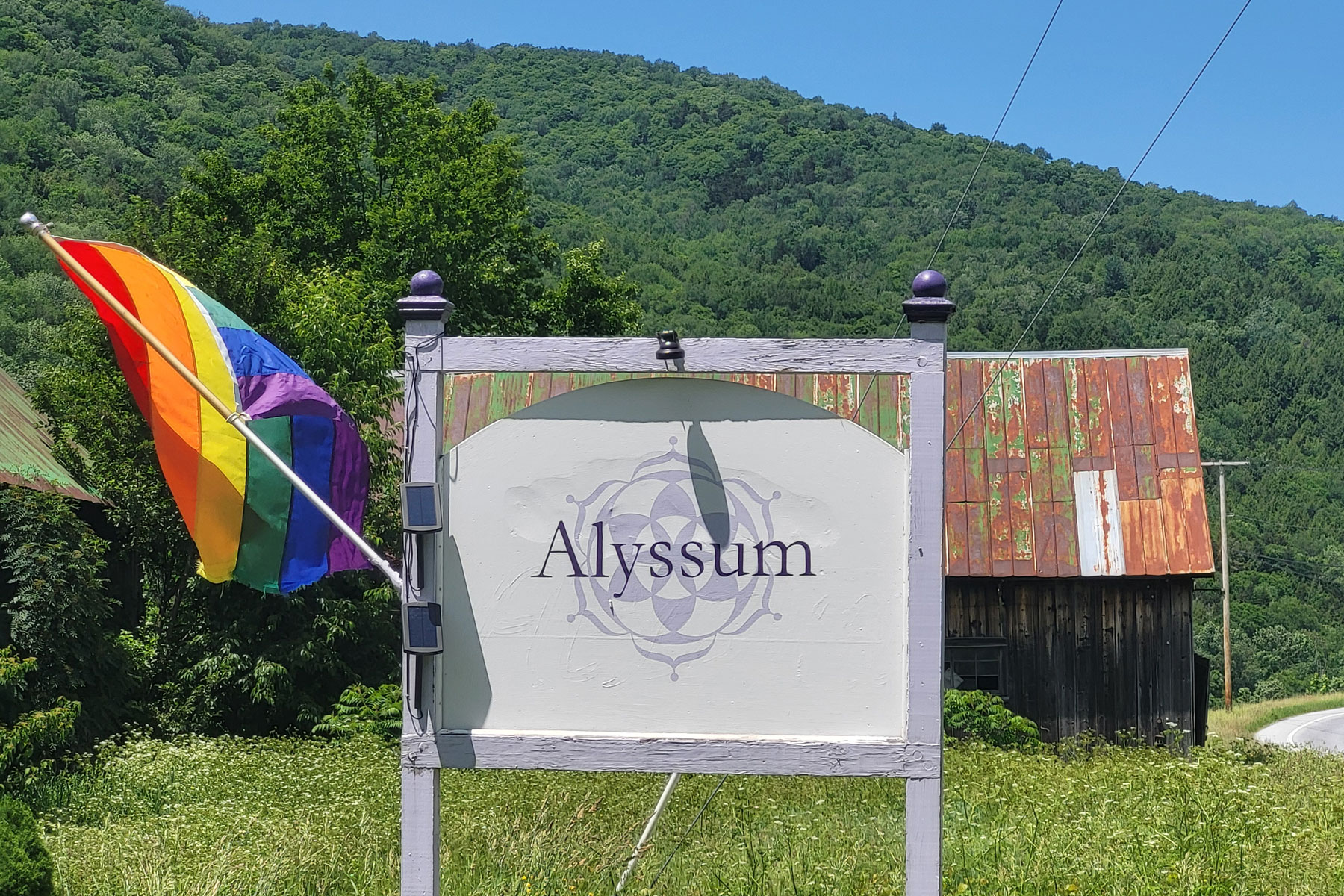Do You Need Extra Support?
WE’RE HERE FOR YOU
Alyssum is an independent, alternative and holistic respite and hospital diversion program funded by the Vermont Department of Mental Health. Alyssum is the first peer-run respite program in Vermont and has been open since 2011.
Alyssum is free to all eligible Vermonters, no insurance needed. Alyssum is designed for people who seek voluntary, self-directed short-term support while focusing on wellness and self-discovery.

Our Mission
Alyssum’s mission is to provide a peer-operated, peer-staffed holistic approach to mental wellness, discovery and recovery for Vermonters who are experiencing a mental health crisis. This alternative will provide a safe, mutually supportive, non-judgmental, educational and self-empowering environment. Alyssum will afford individuals the opportunity to engage in the principles of wellness, discovery, recovery and peer support and to emerge from crisis with wisdom and the personal responsibility skills for living well.
I appreciate “go for the real honesty with compassion.” The environment is awe inspiring. This was my first fresh start for my life in many years. That was truly essential. I know all of it hasn’t soaked in yet.”
The environment emanates the energy of a safe space that was created intentionally for healing purposes and out of love.”
Get to Know Us
Peer Support
What is Peer Support?
Peers draw upon their own lived experience in navigating life challenges to help others. Peers can listen, offer empathy, share stories and make suggestions from a place of familiarity and personal experience. Peer work is shaped by the needs of both individuals as whole people and is grounded in compassion and curiosity. Peer work seeks to minimize power imbalances and prioritizes relationships between peers. Peers believe each person is an expert on their own life experiences and needs. Peers support and empower each other as equals.
Peer Support Movement Overview and History
Like many grassroots movements, the exact origins of peer support are hard to pinpoint. In its purest form, peer support is simply people with shared experiences helping one another. The birth of the modern western Peer Movement is believed to be a response to the inhumane conditions in mental institutions in late 18th and 19th century Europe. Throughout this period, many former patients wrote detailed accounts of brutal and dehumanizing treatment at the hands of staff. In an effort to improve conditions, the head of one Parisian mental hospital, (previously a patient himself), began hiring former patients because of how compassionately they treated their peers. Other ex-patients created informal support networks to help their peers, push for reforms, and discuss shared experiences.
Peer Support saw a resurgence in the United States in the 1970s, following the push towards psychiatric deinstitutionalization. Many state mental hospitals closed abruptly due to funding issues, forcing patients into the larger community without adequate support. Isolated by widespread stigmas around mental health, ex-patients often turned to each other for help and connection. Within the context of the civil rights movement, ex-patient narratives and experiences became more broadly known, and these communities began organizing advocacy for continued systemic mental health reform.
Today, peer support is increasingly being recognized as a crucial part of a holistic mental health treatment approach, and a growing body of research supports positive peer work and treatment outcomes.
Are you ready for support?
WE'RE HERE FOR YOU

